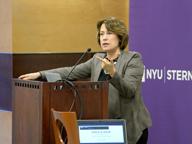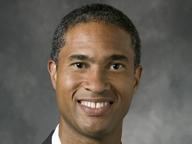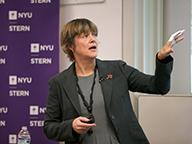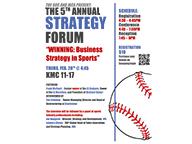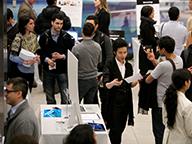Faculty News
—
In an op-ed, Prof. Nicholas Economides outlines the benefits of net neutrality
—

Excerpt from Fortune -- "Last week, the Federal Communications Commission (FCC) formalized the non-discrimination tradition on the Internet and preserved net neutrality. This is good news to ensure that the Internet remains a free market for innovation and provides consumers with unbiased choices when it comes to content."
Faculty News
—

Excerpt from Fortune -- "Last week, the Federal Communications Commission (FCC) formalized the non-discrimination tradition on the Internet and preserved net neutrality. This is good news to ensure that the Internet remains a free market for innovation and provides consumers with unbiased choices when it comes to content."

